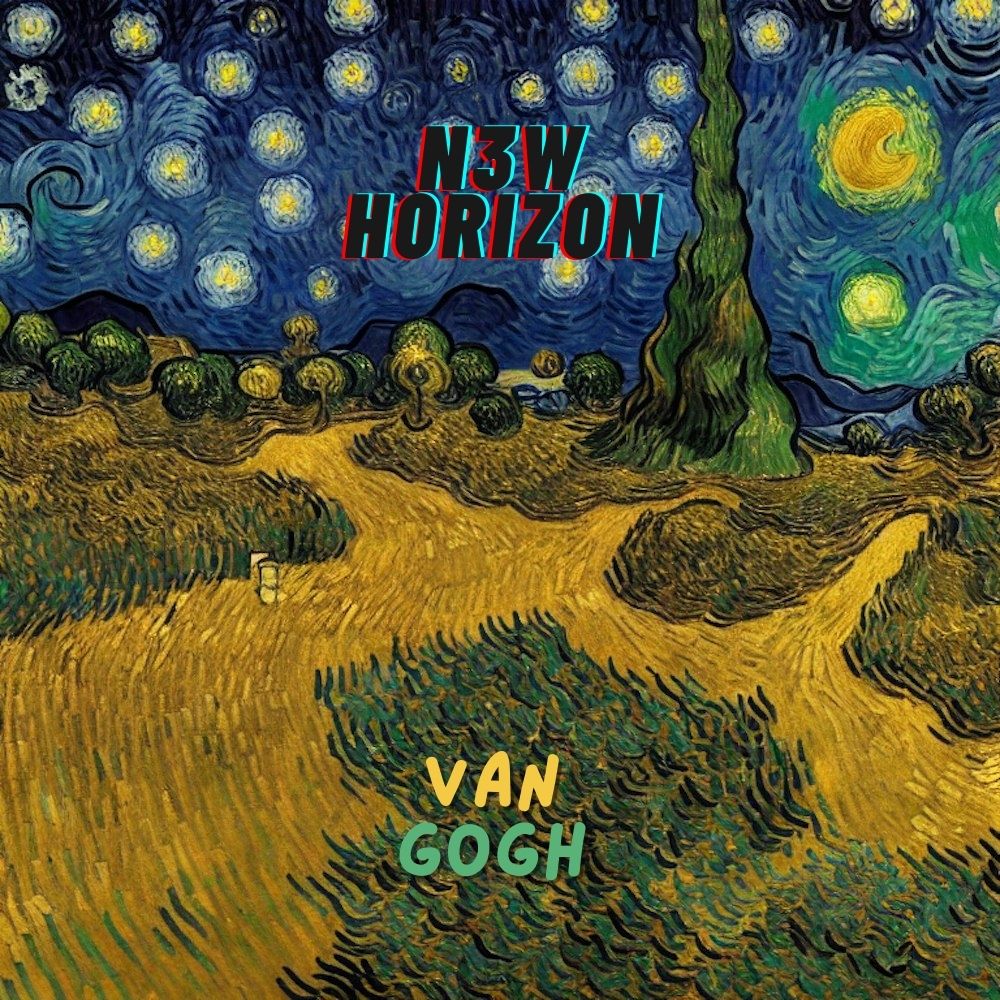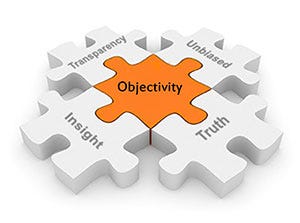In a world that often prioritizes productivity over passion, and material success over inner peace, the idea of “doing what you love” can seem like an idealistic dream.
However, numerous studies and a growing body of research in psychology, neuroscience, and even economics are beginning to show that pursuing your passions and finding peace in life is not just a romantic notion but a key to long-term happiness, mental health, and overall well-being.
The benefits of aligning your daily life with what you genuinely enjoy have far-reaching effects that touch every aspect of human existence—from career satisfaction to mental health, personal relationships, and even longevity.
1. The Psychology of Passion: What Does It Mean to Love What You Do?
The concept of doing what you love is often simplified into the idea of pursuing a career that makes you happy.
However, it goes beyond just job satisfaction. It encompasses a deeper alignment between one’s internal motivations, interests, and daily activities.
Research on self-determination theory (SDT), developed by psychologists Edward Deci and Richard Ryan, highlights that humans have three core needs—autonomy, competence, and relatedness—that, when fulfilled, lead to a sense of well-being and intrinsic motivation. Doing what you love naturally satisfies these needs.
- Autonomy: The freedom to make your own choices and follow your personal interests leads to greater life satisfaction. When you pursue activities or careers that you’re passionate about, you’re more likely to feel in control of your life.
- Competence: Engaging in activities that challenge your abilities, but align with your interests, results in a sense of growth and mastery.
- Relatedness: People feel connected to others when they share passions and interests, fostering deeper social relationships.
A 2016 study published in the Journal of Happiness Studies found that individuals who pursue what they love in both their professional and personal lives report higher levels of life satisfaction.
The study examined over 1,500 participants and concluded that intrinsic motivation—where people are driven by personal satisfaction rather than external rewards—was a major predictor of well-being.
2. The Neuroscience of Passion: What Happens in the Brain When We Do What We Love
Our brain reacts strongly to activities we are passionate about.
Neuroscientific studies reveal that when we engage in things we love, our brain releases dopamine, a neurotransmitter associated with pleasure, reward, and motivation.
This is why time seems to fly when you’re immersed in something you’re passionate about.
Not only does it boost happiness in the short term, but engaging in meaningful work or activities can lead to long-term emotional resilience and mental health.
A 2021 study by neuroscientists at Stanford University demonstrated that individuals who consistently engage in activities they are passionate about show enhanced activity in the ventral tegmental area (VTA) and the nucleus accumbens, both of which are brain regions associated with motivation, pleasure, and reward processing.
The research emphasized that when we do things we love, our brain operates in a “flow” state, a term coined by psychologist Mihaly Csikszentmihalyi.
This “flow” is a mental state where an individual is fully immersed in an activity, leading to optimal performance and heightened emotional well-being.
3. Mental Health Benefits: The Link Between Passion and Well-Being
Doing what you love not only stimulates brain function but also promotes mental health.
Engaging in fulfilling activities has been shown to lower stress levels, reduce the risk of burnout, and decrease the likelihood of depression and anxiety.
In a 2020 meta-analysis published in the Journal of Occupational Health Psychology, researchers found that people who work in jobs aligned with their personal values and passions reported significantly lower levels of stress compared to those working in positions solely for financial gain or external rewards.
Additionally, individuals who made time for personal hobbies and passions outside of work also reported lower levels of anxiety and higher levels of emotional resilience.
Moreover, the American Psychological Association (APA) highlights that engaging in passion-driven activities can serve as a form of “psychological capital,” or PsyCap, which includes positive traits like hope, efficacy, resilience, and optimism.
By nurturing these traits through the pursuit of what you love, individuals can buffer the negative effects of stress and uncertainty, especially in challenging times.
4. Finding Peace Through Passion: Why Inner Fulfillment Is Key to Well-Being
In modern society, we are constantly bombarded with external pressures—societal expectations, financial burdens, and the relentless pursuit of success.
Amid this chaos, finding inner peace through what you love can serve as a counterbalance, offering not only a reprieve but also a foundation for long-term emotional stability.
Inner peace isn’t simply the absence of stress but the presence of balance, contentment, and emotional clarity.
According to a 2018 study from the Harvard School of Public Health, individuals who regularly engage in mindful practices, such as meditative hobbies or creative outlets like music or painting, are more likely to experience eudaimonic well-being, a form of happiness derived from meaning and purpose, rather than the fleeting pleasure of material success. This kind of well-being is crucial in building long-lasting peace and emotional resilience, helping individuals better cope with life’s uncertainties.
5. Longevity and Health: How Passion Influences Physical Health and Life Expectancy
Surprisingly, doing what you love may also have a profound impact on physical health and even life expectancy.
Engaging in activities that bring joy, purpose, and satisfaction is associated with lower rates of chronic illness, lower blood pressure, and improved cardiovascular health. Studies suggest that those who pursue their passions tend to live longer and healthier lives.
A 2017 study published in the journal Psychological Science examined over 6,000 participants and found that individuals with a strong sense of purpose—often tied to their passions—were more likely to live longer than those without.
Purpose-driven people exhibited lower levels of cortisol, the body’s primary stress hormone, and were more likely to engage in healthy behaviors, such as regular exercise and a nutritious diet.
Another fascinating study conducted by Dan Buettner on the world’s “Blue Zones”—regions known for their high concentration of centenarians—found that one common trait among these long-living populations was their engagement in purposeful activities.
Whether it was a personal hobby, community service, or a passion-driven career, these activities provided a sense of fulfillment and, ultimately, longevity.
6. The Economics of Doing What You Love: Financial Stability and Personal Fulfillment Are Not Mutually Exclusive
The idea of pursuing a passion is often seen as impractical or financially risky, but recent research suggests that doing what you love doesn’t necessarily come at the expense of financial stability.
In fact, individuals who are intrinsically motivated tend to perform better in their careers, innovate more, and achieve higher levels of success than those driven purely by external rewards.
A 2019 study conducted by researchers at the University of California, Berkeley, found that people who work in fields aligned with their personal passions not only report higher job satisfaction but also earn more over the course of their careers.
The study tracked the career trajectories of 1,200 individuals over 15 years and concluded that those who followed their passions were more likely to innovate, take on leadership roles, and find unique opportunities for financial success.
Additionally, a 2020 Gallup survey of 100,000 employees across different industries revealed that employees who are passionate about their work are 21% more productive and 45% more likely to stay in their jobs long-term compared to those who are not.
7. Practical Steps to Finding What You Love and Achieving Peace
While the benefits of doing what you love are clear, many people struggle to discover their passions or integrate them into their daily lives.
Below are a few science-backed strategies to help navigate the journey toward finding and pursuing your passion while achieving inner peace.
- Self-Reflection: Take the time to reflect on what activities genuinely bring you joy and fulfillment. What tasks make time fly? What subjects make you curious? The answers often lie in moments of deep reflection and mindfulness.
- Experiment: It’s important to try out different activities and hobbies. The Stanford Life Design Lab suggests that finding your passion often comes through experimentation. Trying different pursuits without the pressure of perfection can lead to unexpected discoveries.
- Work-Life Integration: Instead of thinking about work and personal passions as separate entities, try to find ways to integrate them. Even if you can’t immediately transition to a career aligned with your passion, making space for your interests outside of work can lead to a more balanced, peaceful life.
- Mindfulness Practices: Mindfulness and meditation are powerful tools for calming the mind and creating inner peace. Studies show that even 10 minutes of daily meditation can reduce stress and increase feelings of emotional clarity.
Conclusion: Pursue Your Passion, Find Peace, and Thrive
The pursuit of doing what you love and finding peace in life is not just a motivational cliché; it is a science-backed pathway to greater happiness, mental health, and longevity.
In a fast-paced, often overwhelming world, aligning your daily activities with your true passions offers a sense of fulfillment that transcends material success or societal expectations.
From the neuroscience of dopamine release to the psychology of self-determination theory, the evidence is clear: doing what you love isn’t just important—it’s essential.
In the end, life is not measured by external achievements or financial milestones, but by the joy, peace, and purpose you cultivate along the way. By making time for your passions and focusing on the activities that truly resonate with you, you not only enhance your emotional well-being but also contribute to a more fulfilling, meaningful existence.





















